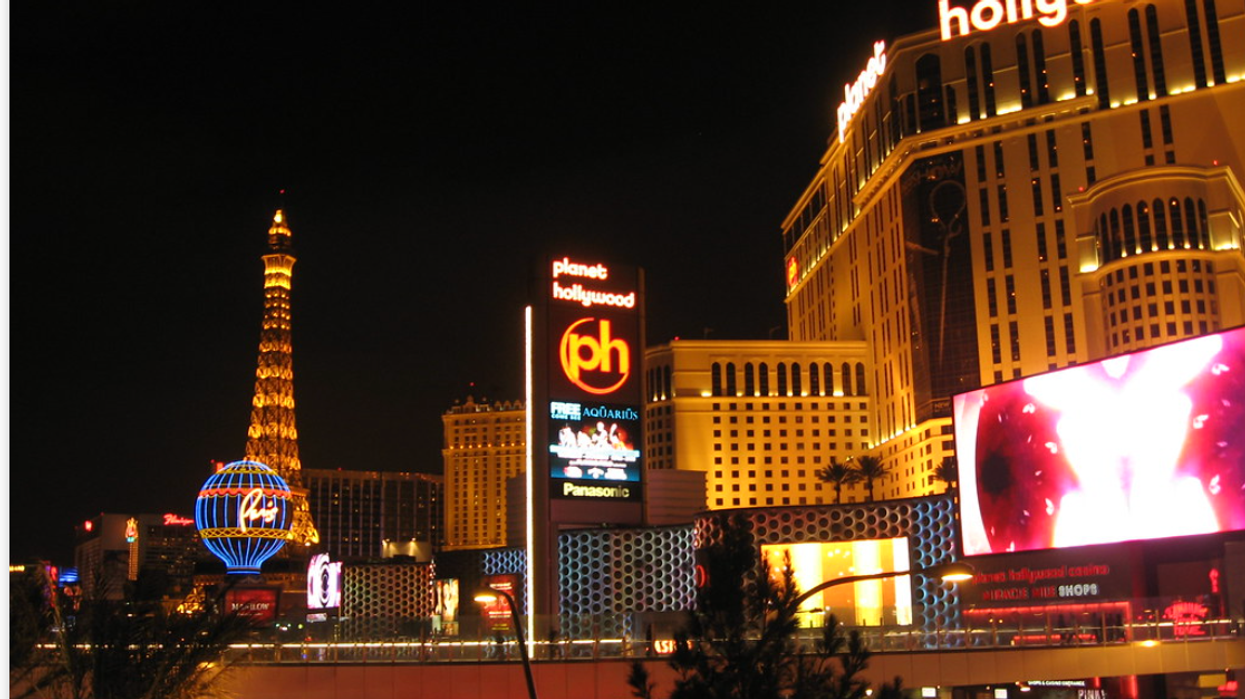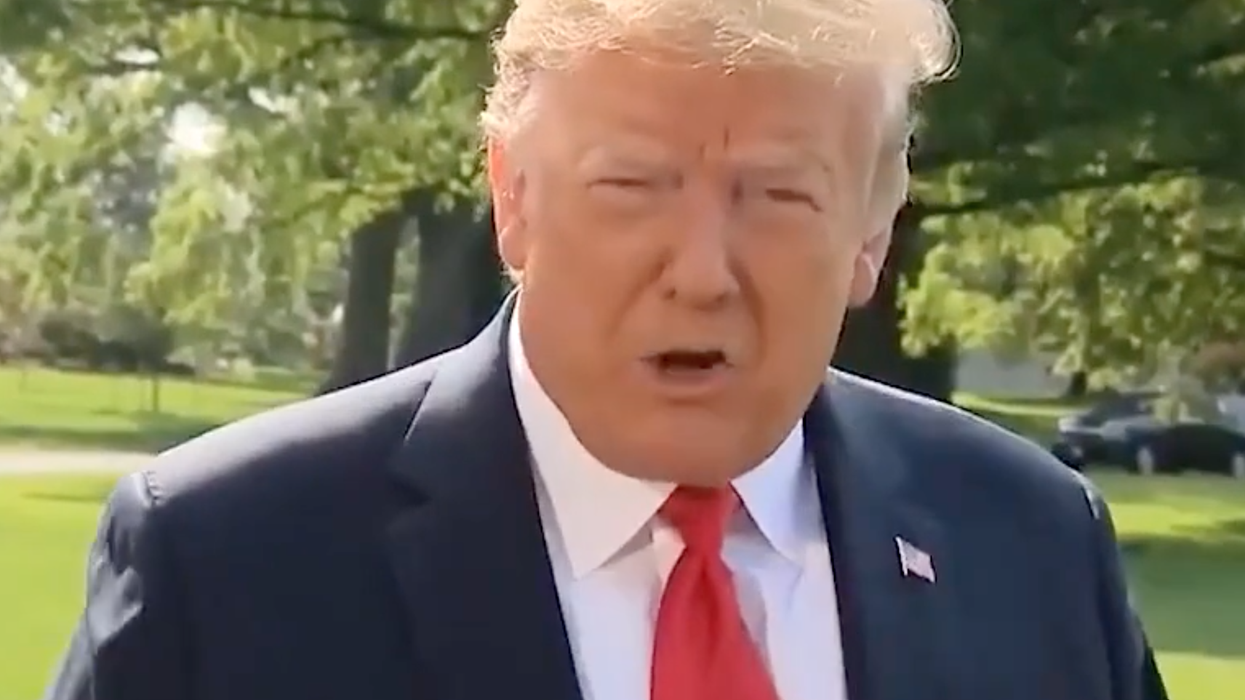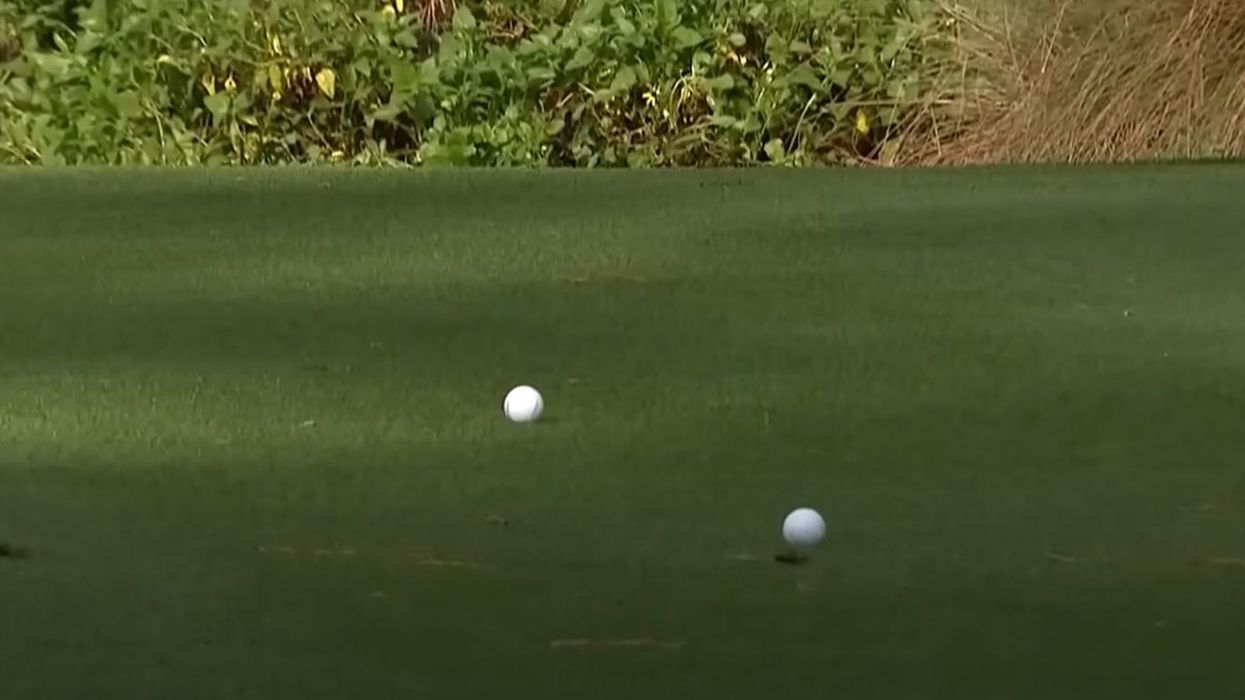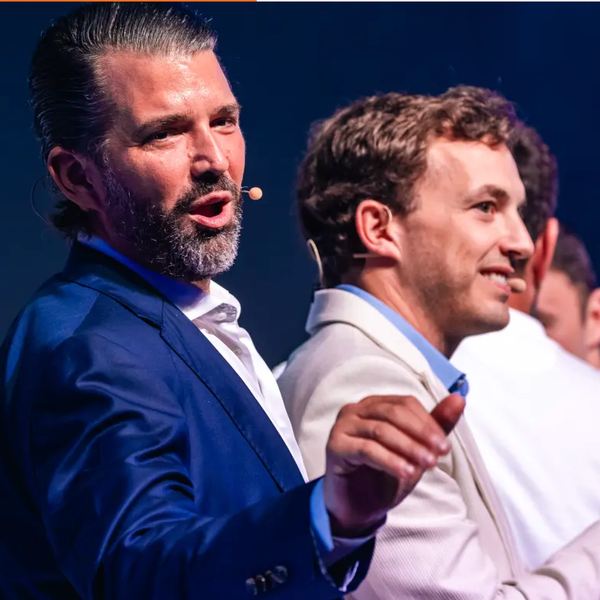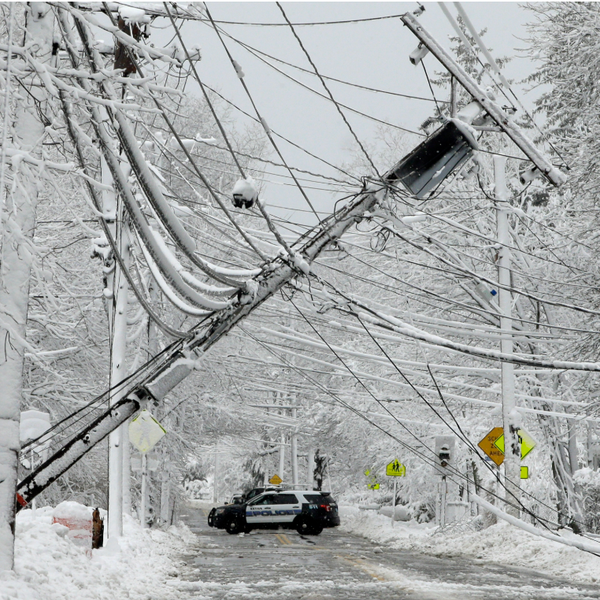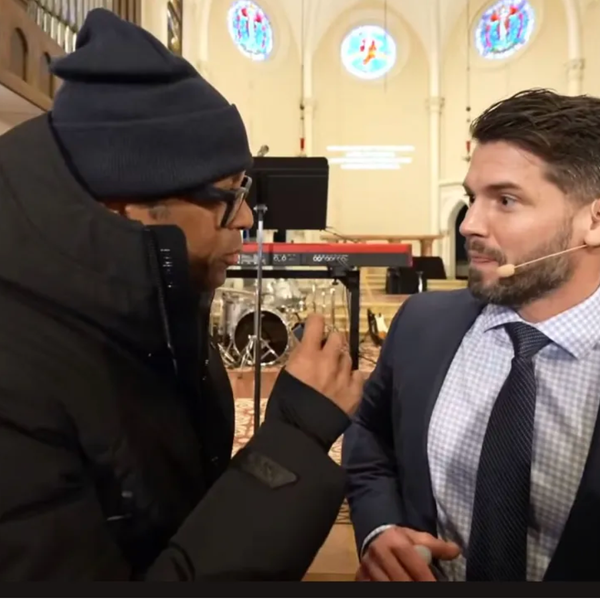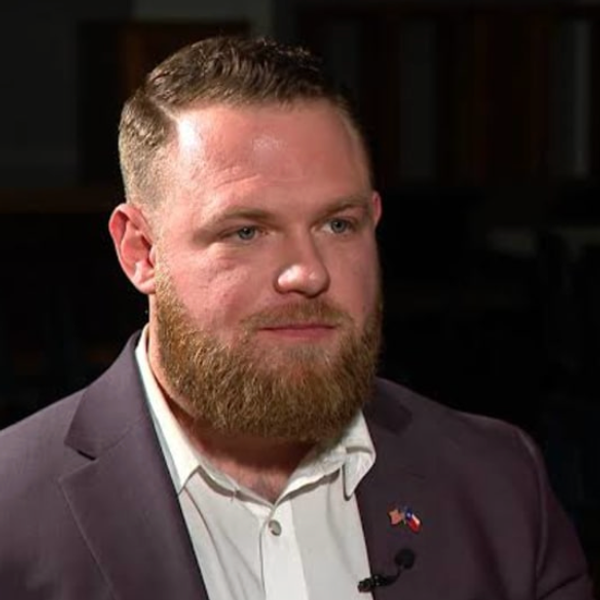'Trump Slump': Tariffs And Imperial Attitude Are Killing Tourism Industry
President Donald Trump is so disastrously incompetent he once managed to bankrupt a casino in Atlantic City. Now, from the Oval Office, he’s trying to do it again—in Las Vegas.
In June 2025, Las Vegas welcomed 400,000 fewer visitors than in June 2024—a more than 11 percent nosedive. International arrivals plunged, as did hotel occupancy.
This didn’t happen by accident. Trump has spent months antagonizing America’s northern neighbor—and a key Vegas tourism source. He suggested Canada should become the 51st U.S. state and called its prime minister at the time “Governor Justin Trudeau of the Great State of Canada.” He later claimed he wasn’t “trolling,” doubling down that statehood would make Trump’s tariffs “totally disappear.”
Canada’s new Prime Minister Mark Carney fired back, saying his country “is not for sale” and dismissing Trump’s fantasy as laughable and offensive. Even Trump’s own ambassador to Canada warned the rhetoric was unprecedentedly toxic for relations. And in tourism, words have consequences. Canada is America’s No. 1 source of foreign visitors. Insult them enough, and they stop coming.
Trump’s near-blanket tariffs on Canadian goods turned the insults into policy, triggering a full-blown trade war. The result: Car crossings were down 37 percent year-over-year in July, and air arrivals dropped 26 percent. Duty-free sales along the border have been cut nearly in half, wiping out millions in spending. Indeed, each one percent drop in international travel costs the U.S. $1.8 billion in export revenue per year—money that fuels jobs and generates tax revenues. July 2025 marked the seventh straight month of plunging traffic, with surveys showing Canadians now feel distinctly unwelcome.
And when the biggest slice of your foreign tourism market dries up, the ripple is felt everywhere. In July, arrivals from Germany were down 14.7 percent compared with last July. Arrivals from China dropped by 13.8 percent and from Switzerland by 12.7 percent. Tour operators abroad now steer customers toward anywhere but Trump’s America. Tourism revenue is projected to fall from $181 billion in 2024 to $169 billion in 2025, a $12.5 billion-hit to the economy.
And that might just be the tip of the iceberg. A Reuters analysis of the underlying data suggests the tourism slump could cost up to $71 billion in the United States’ gross domestic product.
In Las Vegas, the damage is personal. Empty casinos mean shorter shifts, slashed hours, and layoffs. Ted Pappageorge, secretary-treasurer of the Culinary Union, calls the city’s waning tourism the “Trump slump.”
“If you tell the whole world that they’re not welcome, they’re not going to come,” he told Time magazine. “The lifeblood for Las Vegas is Southern California. What folks are telling our members is that the raids and crazy tariffs and this uncertainty, [are causing] people to pull back.”
In a late July post on Truth Social, Trump called the U.S. “the ‘hottest’ and most respected Country anywhere in the World.”
The numbers tell a different story. From struggling casinos to struggling cities, his legacy is the same: reckless mismanagement, xenophobia, and empty chairs where excitement used to sit. The lights on the Vegas Strip still flicker, but thanks to Trump, the seats are getting empty.
Reprinted with permission from Daily Kos

